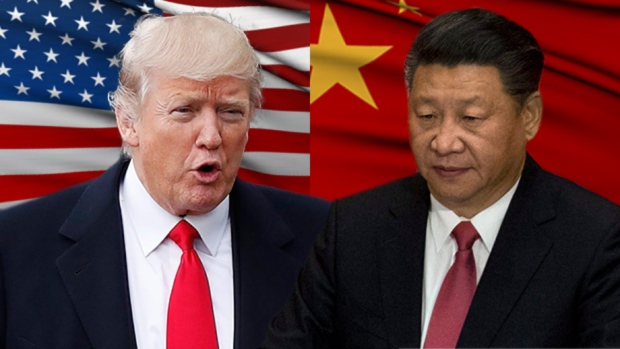Feb 3, 2017
China willing to compromise with Trump on U.S. trade imbalance: China-based economist

Despite escalating rhetoric between the Trump administration and Beijing, China will likely be open to discussing its enormous trade surplus with the United States, according to Andy Xie, a well-known Shanghai-based economist.
“China does not want to have a fight,” said Xie, during an interview on BNN’s Weekly with Andrew McCreath. “A fight would be bad for both sides, and I think the Trump administration would recognize that.”
In 2016 there was almost $600 billion in trade between the two countries. About $466 billion of that trade involved Chinese goods being sold in the United States.
While on the campaign trail, Donald Trump repeatedly drew attention to that imbalance as an example of the “bad deals” the U.S. was a part of that was ultimately sapping the country’s wealth.
U.S. President Trump has threatened to take various steps to deal with the imbalance, including labeling China a currency manipulator and implementing a border tax on Chinese goods.
China has said it would retaliate with tariffs of its own if its goods are taxed.
The tough talk has raised concerns about a possible trade war between the world’s two largest economies, which could hurt global growth.
If those options are used by President Trump, Xie, who was previously the chief Asia-Pacific economist at Morgan Stanley, believes the Chinese government may also start targeting U.S. companies.
“China could pick on some American companies that have big sales in China like General Motors and Apple,” said Xie. “So, China has some leverage, but we shouldn’t expect the situation to deteriorate to that extent,” he said.
In fact, Xie, believes Chinese cooperation with the U.S. is not only likely, but may be just what the Chinese economy needs. Xie says China is still functioning like a developing economy, which has led to distortions.
“The Trump administration is demanding symmetry,” he said. “I think that’s not a bad thing for China. China should become a developed economy. What a foreign investor can do in China should be the same as a Chinese company in another country. I think this is a very reasonable demand.”
